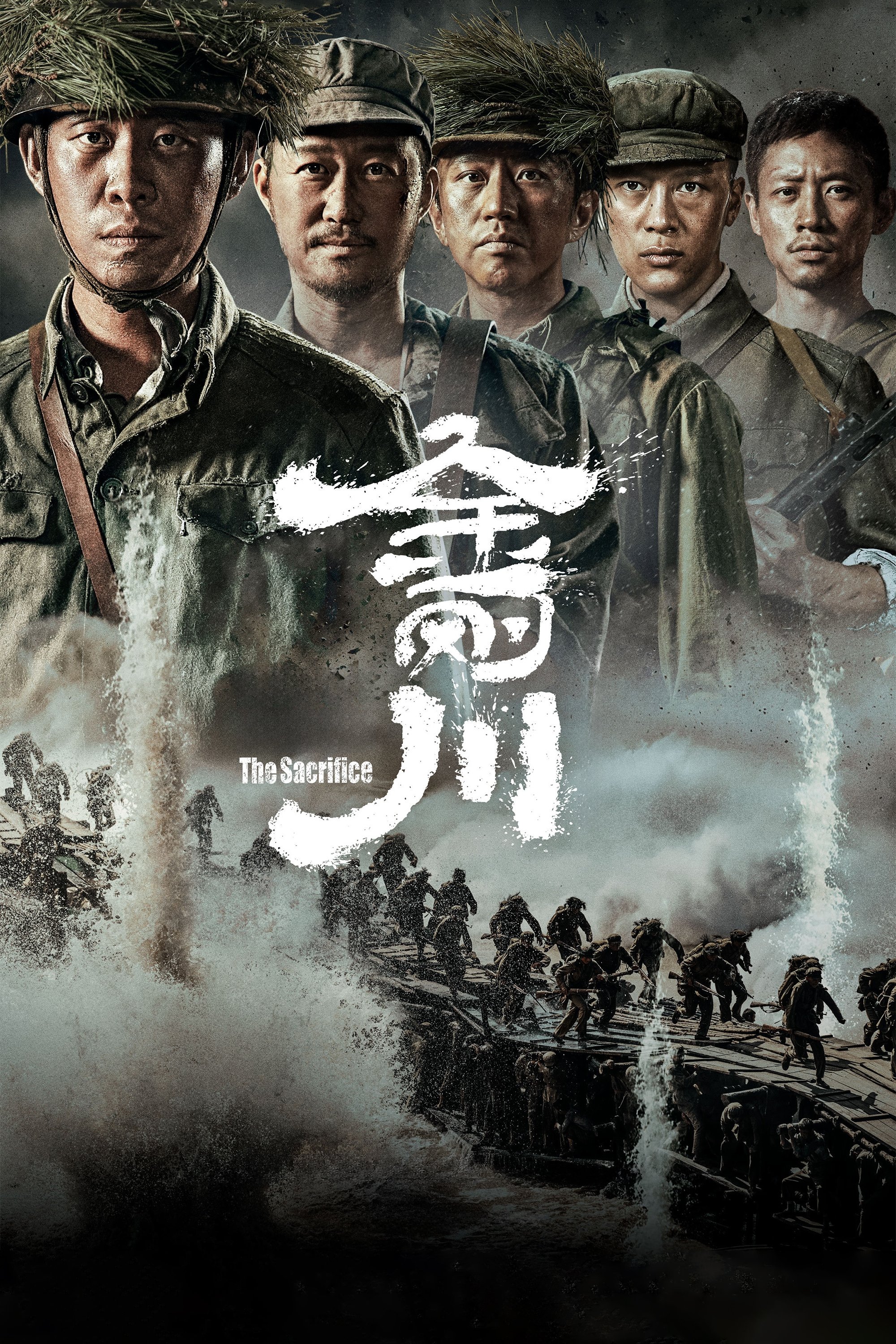
The Sacrifice
金刚川
- Status: Released
- 23-10-2020
- Runtime: 122 min
- Score: 6.022
- Vote count: 46
In 1953 the Korean War is entering the final stage. The People's Volunteer Army of China has launched its last major battle in Kumsong. In order to arrive on time and deliver enough ammo to the Kumsong front line, the soldiers have to defend themselves against the never ending bombardments of enemy bombers and race against time to repair the last bridge, all while facing supply shortages and with inferior equipment.
Cast
Trailer
Review
The heroic struggle to bring a dynasty of nasty dictators to power. While the main topic is a military bridge to get troops across the river, most of the movie is about the AA gun crews, and the bomber crews. The dramaturgy is a bit over the place, but that happened in US war movies as well. Don't expect a dramatic arc or a conclusion. The heroism gets rather absurd though in the last quarter. Yes, it is a question of perspective; and that is the Chinese perspective. Sacrificing many, many Chinese lives to demonstrate military strength (which may make sense) and to bring the dictatorial family in North Korea to power. Sacrificing one's life not for the defence of one's homeland, but for a vile dynasty in another country - that is something one could be a little critical of, at least in retrospect. This film is a big production, with all the heroism and production values that Hollywood puts into their patriotic US films. It follows the usual, probably by now internationally standardised patterns; great cinematography, lots of extras running in period uniforms, explosions, gore, heroism, some CGI, suspense, drama; some hooks so the viewer can connect emotionally - it's all there, and reasonably well done. (The cuts are slightly annoying in their modernity.) And why not, a Chinese war movie. Switching the viewpoints between chapters is a good move, but no novelty. (It also saves money per screen-time, as often as they repeat scenes here.) If you were making a movie today from, say, Italian perspective supporting Hitlers rule, uncritically, that would have similar smell. With the tiny difference that Nazis Germany lost, and the open-air prison North Korea still exists today.

